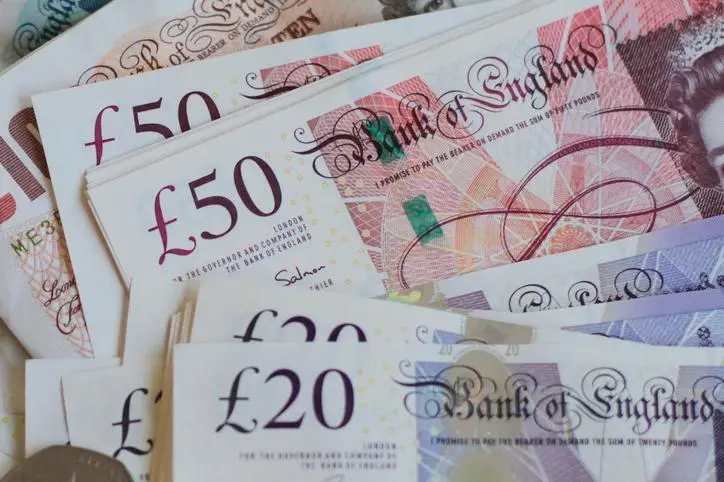PHOTO
British corporate bonds sold off on Thursday after the Bank of England raised interest rates and unexpectedly announced a decision to entirely sell its small stock of corporate debt .
The BoE's asset purchase programme, introduced in 2016, allows the bank to buy sterling-denominated bonds of companies "judged to make a material contribution to UK economic activity." The list also includes bonds from several foreign companies, from Apple to EDF.
Yields on some of the bonds eligible for the BoE programme, including from British American Tobacco, EDF, E.ON, Clarion Housing, Yorkshire Water and GlaxoSmithKline, rose 5-15 basis points on the day across various maturities, according to Refinitiv and MarketAxess prices.
Moves on many individual bonds however were smaller than on UK government bonds, known as gilts, where yields rose sharply.
The decision is not expected to have much impact on the overall market, given the BoE's corporate bond holdings amount to some 20 billion pounds, compared to 875 billion pounds of gilts.
But while the BoE said the move was not a signal on the future of gilt sales, many analysts saw it as reflecting the bank's intention to steadily remove monetary accommodation.
"The announcement to unwind the corporate bond purchases, this will turn up the heat and focus on the unwind of Gilt purchases when interest rates hit 1%," said Edward Hutchings, head of rates at Aviva Investors.
"This now may well be sooner than when than most investors had initially thought and we could well see gilt yields move further higher from here."
The BoE, which will start to unwind its gilt holdings as they mature, repeated its plan to actively sell gilts once its policy rate hits 1%.
(Reporting by Yoruk Bahceli; editing by Sujata Rao) ((Yoruk.Bahceli@thomsonreuters.com; +44 20 7542 7571; Reuters Messaging: yoruk.bahceli@thomsonreuters.com))





















